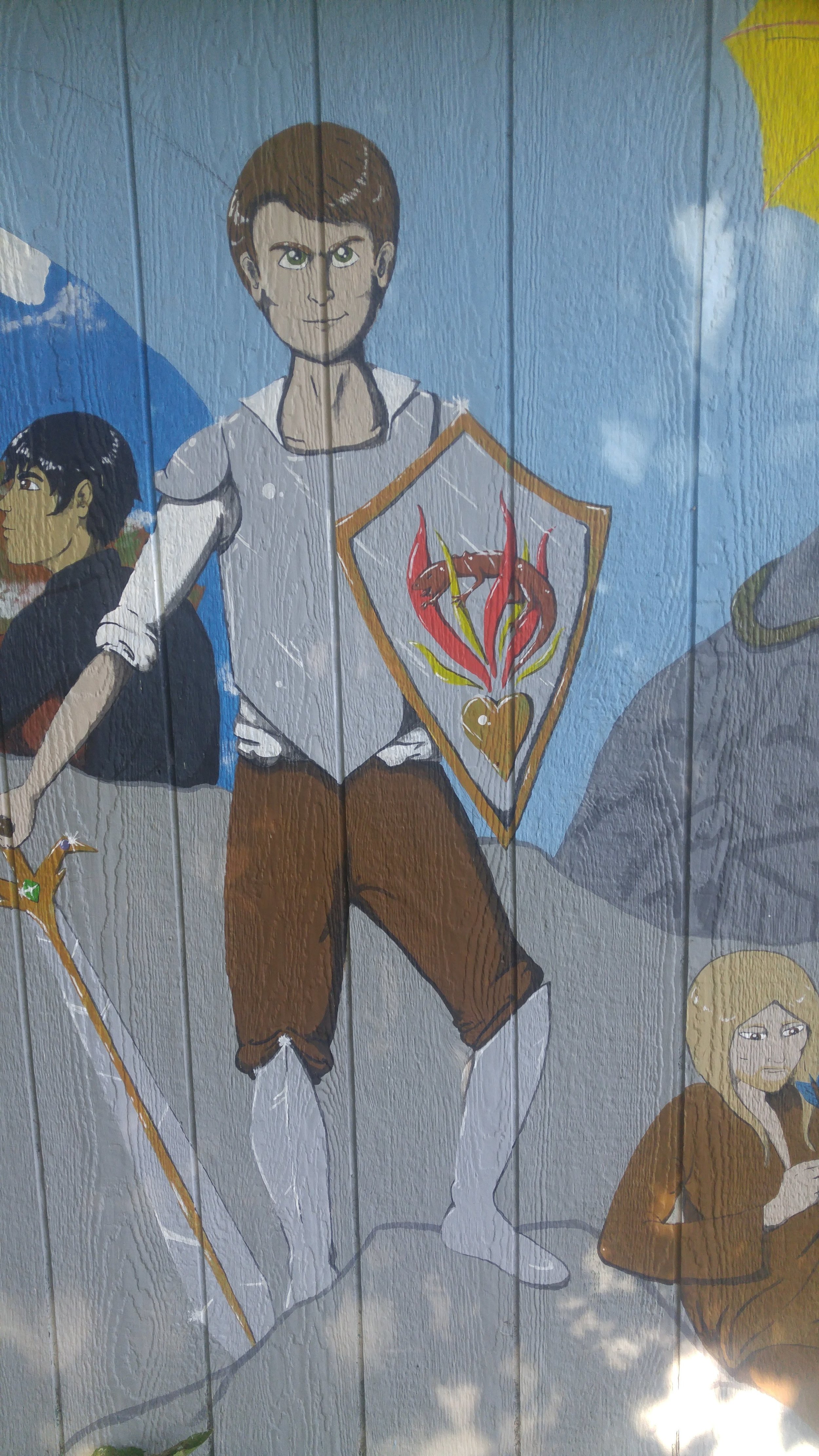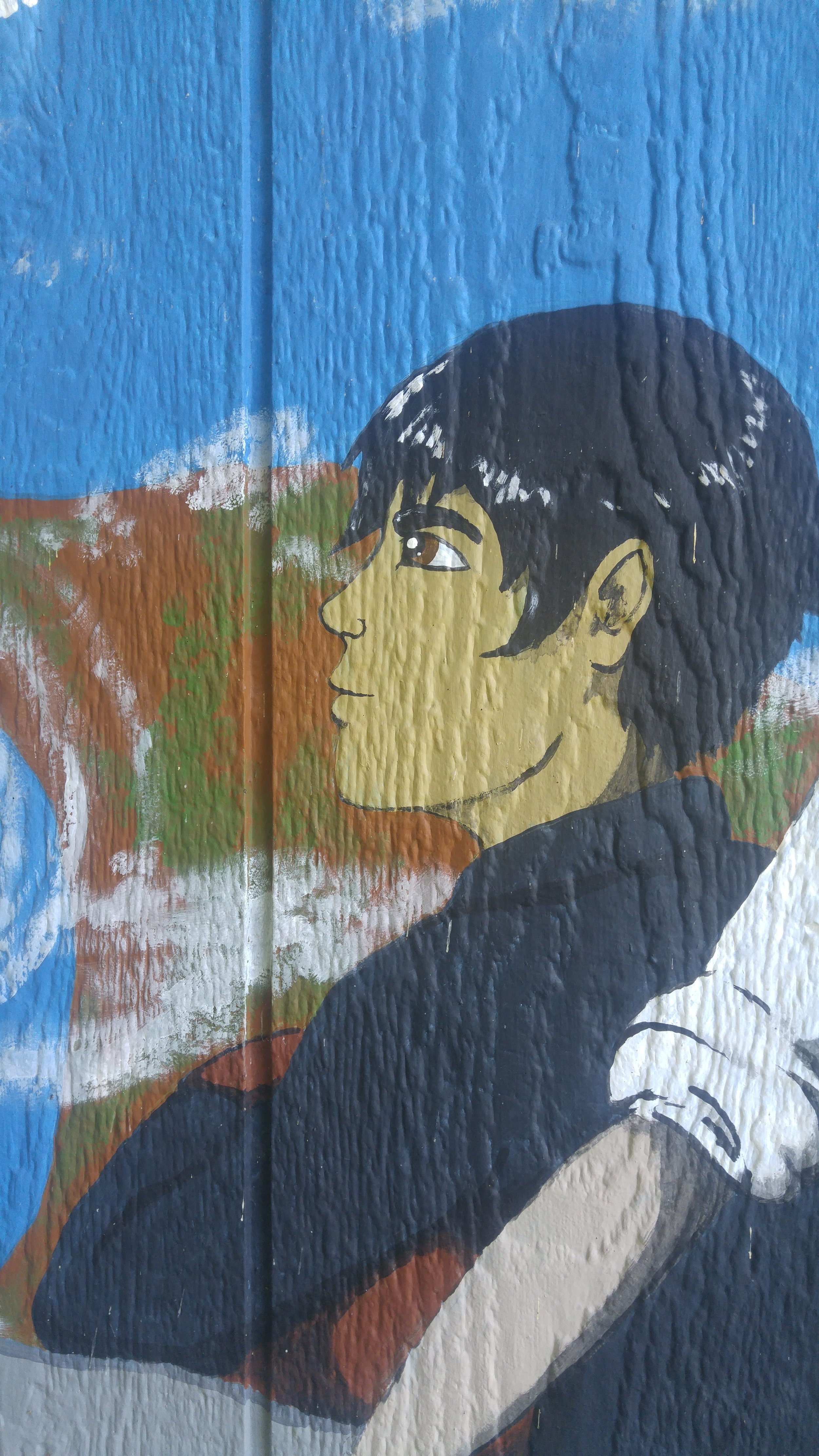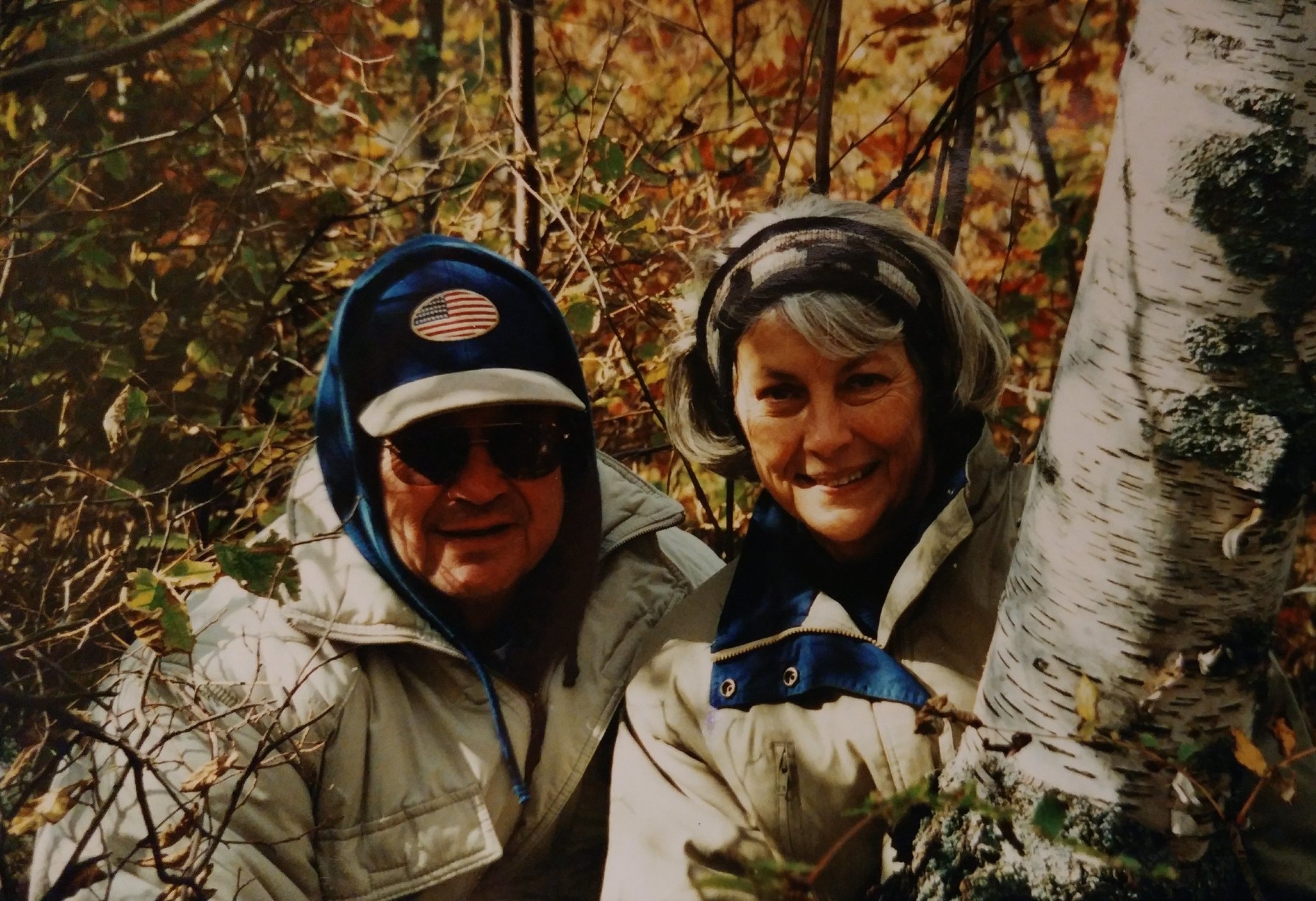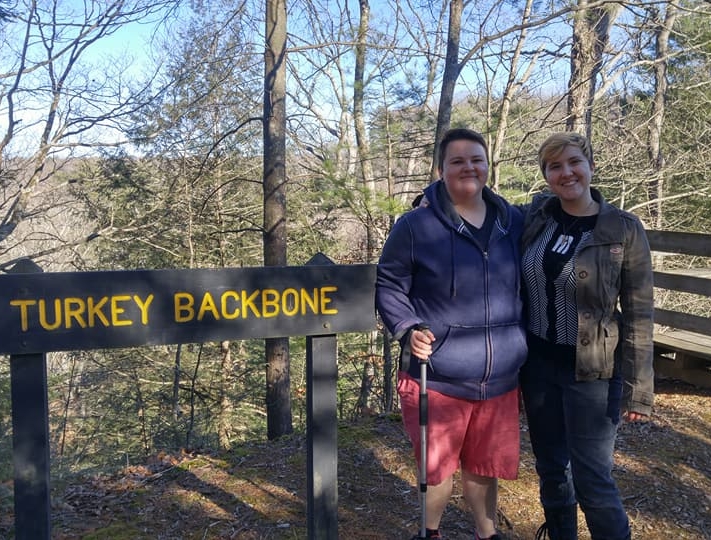I've talked about it for months. I've scoured Amazon for the cheapest copies of official rulebooks. I've devoured hours of relevant podcasts and YouTube videos (thanks, Second Rate Dungeon Masters!).
And last Saturday, I finally followed through. I trapped six of my friends in my living room and made them play Dungeons & Dragons with me.
If D&D were a disease, I've exhibited symptoms all my life. For starters, there's my ongoing obsession with swords, which began with an inexplicable affection for the Mouse King from The Nutcracker.
Yes, that Mouse King. Source
Yeah, so, try unpacking that one. Or don't. I've been digging for the Freudian root of both the sword thing and the terrifying multi-headed villain thing for a long time, and trust me, the deeper you look, the weirder it gets.
Swords aside, I grew up in an age of fantasy resurgence. With The Lord of the Rings in theaters and Harry Potter on bookshelves, magic pulsed through my favorite pieces of fiction. My mother and I read The Hobbit together, and determined that we were meant to be hobbits all along. Even The Chronicles of Narnia deserves some credit for shaping my proclivity for the fantastical.
Those stories trickled down into the games I played with my younger brother, particularly a half storytelling, half make-believe adventure starring my bro as a traveling king in a magical land, accompanied by a talking, rainbow-furred wolf and an army of gymnastic elves, burly rogues, shape-shifting feathered dragons, and... fantasy pro-wrestlers? There was a lot going on. So much going on that I later painted a mural of it on our shed:
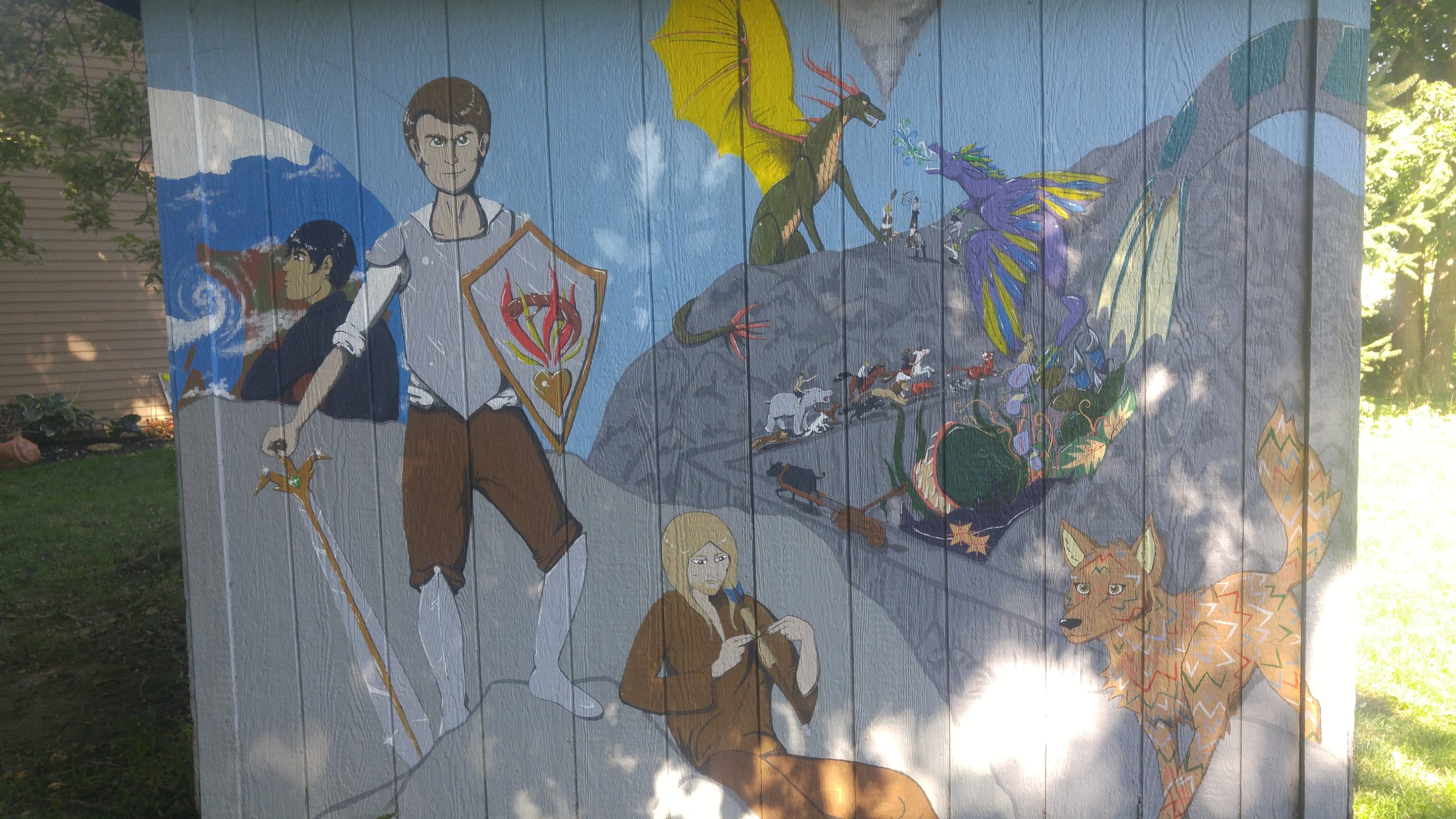
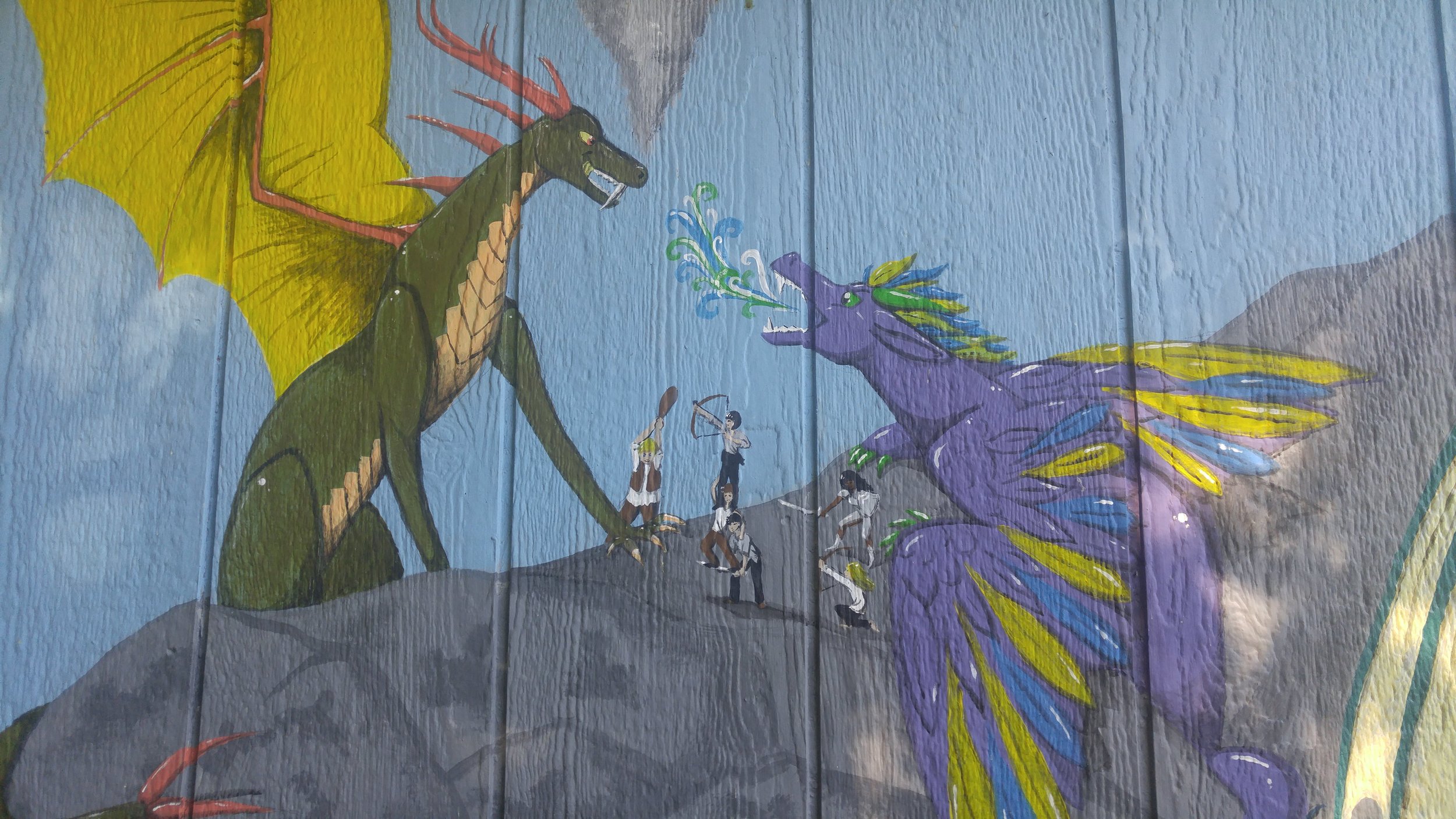
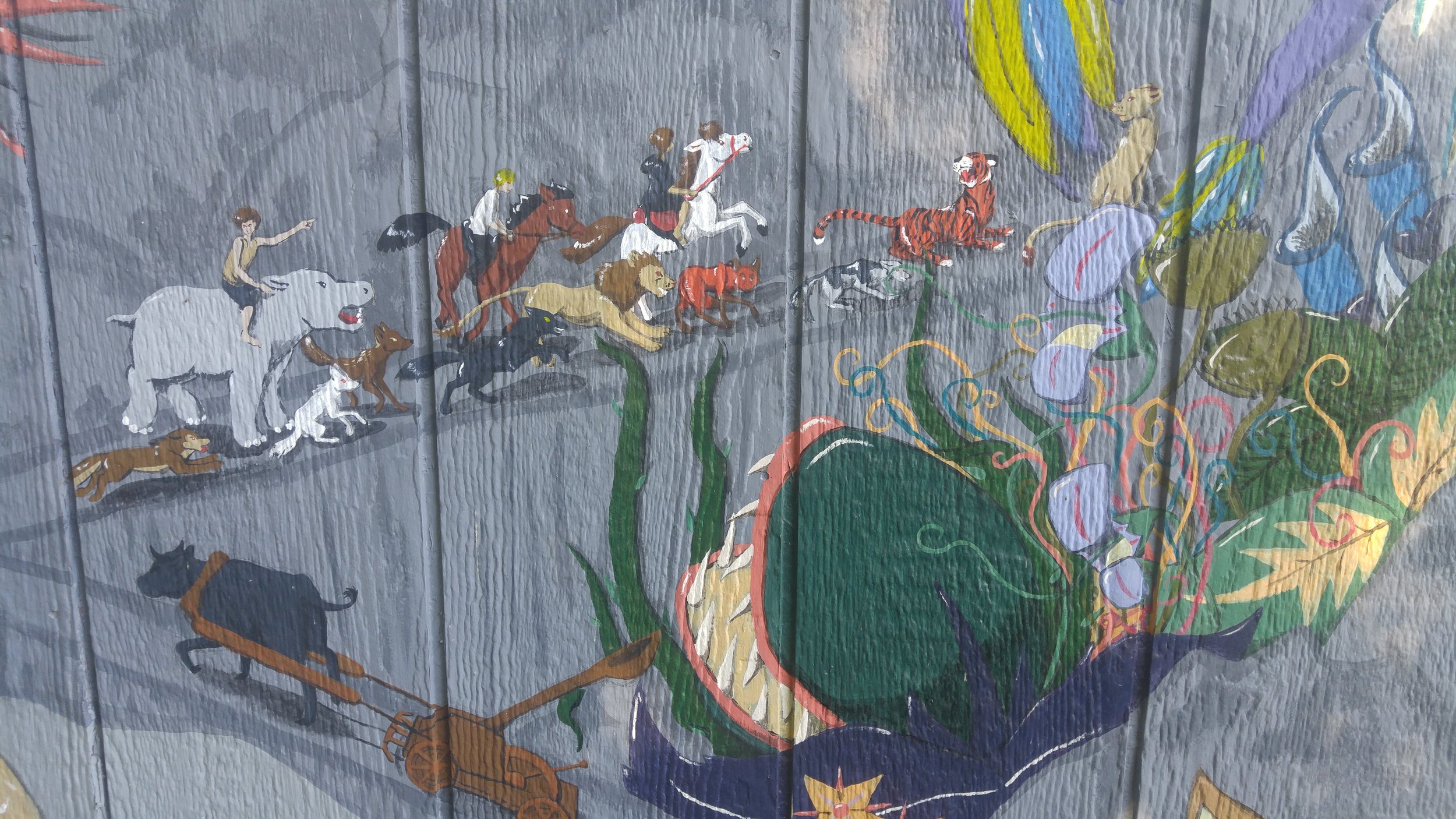
As I asked my mom to send me photos of the mural (thanks, Mama!), I was reminded of a discussion I had with my dad before I went to college. While my mom was tucking boxes of condoms (yes, plural, because apparently there was a sale at the CVS) into my duffel bag, my dad warned me of the dangers of D&D. This will always stand as a rare moment in my life in which my father demonstrated greater insight regarding my identity and priorities than my mother. I guess Dad had seen too many of his collegiate brethren fall prey to the temptation of the role-playing table, neglecting their studies in the process.
Luckily for everyone, I turned out to be very gay, and despite housing a desperate lust for twenty-sided dice, was bad enough at socializing that I couldn't even find a D&D group in a liberal arts college in Ohio.
My D&Disease became the unscratchable itch, and I know where I first picked up the illness.
"There's a castle under the bed," my grandmother told me, when I was small enough not to question it. I was also small enough to fit under the bed to look, and discovered that yes, there was indeed a castle under there.
I hauled the plastic and cardboard construction out and brushed away the dehydrated spiders that had perished in its dungeons. It had belonged to my father and my uncle, and because Douglases are genetically predisposed to draconic hoarding, it had lived for several decades beneath beds or in basements, awaiting their return.
I am 99% certain this was the set, and also pretty sure I couldn't figure out how to put together the raised rocky bits, and so the miniature well with the little retractable bucket couldn't even descend anywhere. Source
An obsession was born. I paraded knights across the drawbridge and plotted an uprising among the armored horses. I bee-lined for my army every time I visited my grandparents, forgoing my dad's dusty G.I. Joes in favor of the castle's flimsy walls and red roofs.
Sometime around the discovery of the castle, we went to that famed and golden land, Medieval Times, deepening my sickness. The jousting was fantastic, of course, but the dungeon displays called to me the most (another Freudian rabbit hole to avoid). It's almost as though I were being primed for my true calling in life: nervously stumbling through dungeon-based medieval fantasy roleplaying games.
Which brings us to last Saturday, my first time being a Dungeon Master.
For those of you unfamiliar, the Dungeon Master (DM) is the person who provides the narrative framework for a group of D&D players. They are a storyteller and a physics engine, both announcer and referee of an imagined sport of their own design. They contribute a setting to a story starring the players, and can be both a cheerleader and an opposing force for the fictional heroes.
As I juggled binders, maps, rulebooks, browser tabs, and spreadsheets on Saturday night, I realized just how weighty that duty is, especially for someone fairly new to the the actual rules of D&D. But I also had a terrific time building a mystery for my players to investigate, and responding to their interactions with my fledgling world.
Some parts of the game went better than others. Six players, ranging from highly experienced to "I'm only here to support you in the hopes that you'll finally shut up about D&D, Abi," are a lot to keep track of and appropriately challenge. They slaughtered my first wave of monsters with little more than a scuffed boot between them, which prompted me to engage them in a higher-stakes battle deeper in their adventure, one that could have seriously impaired the party had they rolled slightly worse (and had my stupid laser-rat actually succeeded at his lasering before getting splatted).
I fear I slowed the game down with my choppy battles filled with multiple monsters with unfamiliar stats. I also fretted over providing enough of the right information, whether while acting as an NPC (non-player character, as in, everyone in the world other than the player characters) or just as a narrator. Towards the end of the session, my adrenaline high had taken a toll on my cognition, and a guide character I'd placed in the dungeon my players were exploring became similarly loopy.
But other things went fairly well. My players successfully discovered secret doors and uncovered clues about an ancient cult. They also got into character, intimidating my poor gnomish tavern-keeper into upping their pay and making the inevitable jokes about ball-licking that come when one of the characters is an anthropomorphic cat burglar.
However it played out, we still told a communal story, and I definitely want to try it again, even if it set my anxiety into overdrive and convinced my FitBit that I was going into cardiac arrest halfway through the night.
D&D is a weird mix of group storytelling, strategy, and luck, and speaking as a writer, I consider it literature-adjacent. So, more likely than not, you'll hear more about my tabletop adventures in the future.
Until then, may your dice be blessed and your ale be strong, and try not to extort the bartender.


